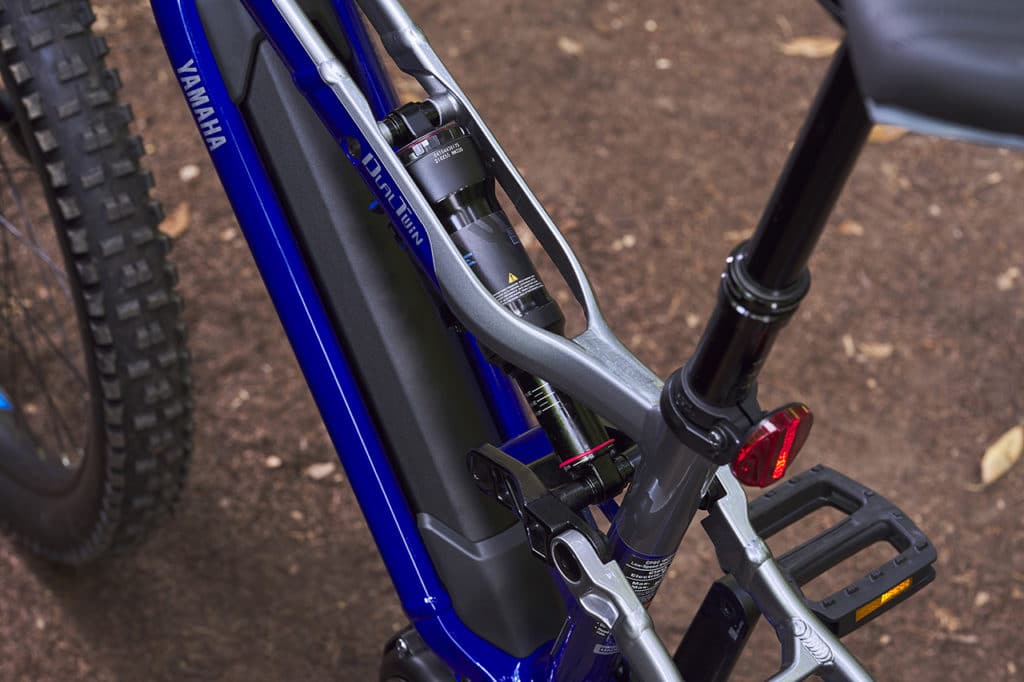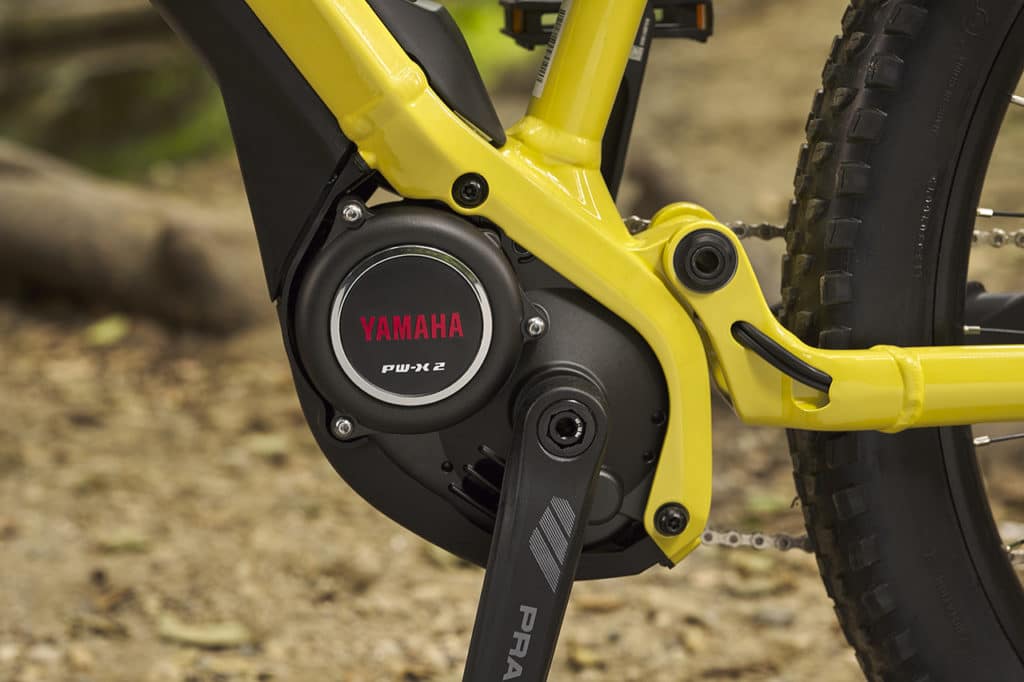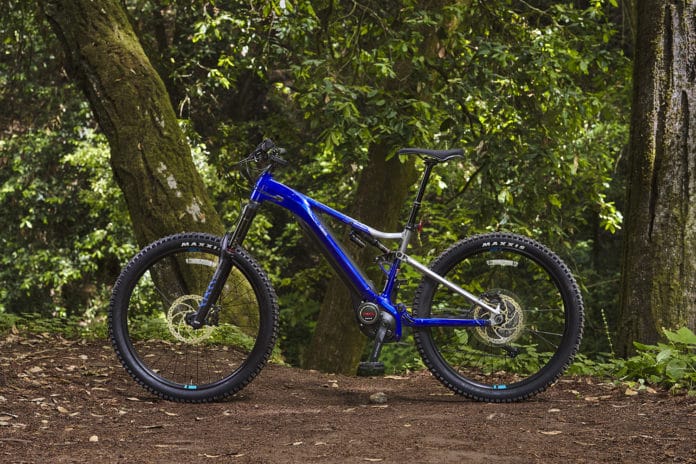The electric bicycle market is perhaps one of the most dynamic of the moment, and many big brands are presenting new models. Now, Yamaha is adding two new electric bikes to its lineup, and this time they’re for those heading to the mountains.
The Yamaha YDX-MORO and YDX-MORO Pro promise to deliver a new level of balanced power, performance and handling for riders on all types of e-mountain bikes (e-MTB) trails. The bikes feature the world’s first bicycle frame with split top and down tubes, as well as an angle sensor to allow next-level automatic riding.
The bikes use the company’s all-new PW-X2 drive unit that delivers the most natural feeling assist and ride experience. There are five-assist modes, covering Eco, Standard, High, an MTB mode, and EXPW. The PW-X2 drive unit and new 500 watt-hours lithium-ion battery is secured in an all-new patent-pending Dual Twin Frame design of the Japanese.

The YDX-MORO models deliver pedal assist up to 20 mph (32 km/h), and the new PW-X2 provides assistance up to 120 rpm in Eco, Standard, High, and MTB modes and 170 rpm in EXPW mode.
Yamaha uses a new worm gear design for the motor, which it says makes it quieter. Yamaha reduces saddle height and rides height without reducing the stiffness of the overall picture. There’s also a new Walk Assist mode, which adds a slight boost in power when riding the electric bike in non-driving conditions. Meanwhile, the MTB mode is specifically designed for mountain bike use, with a more direct response adjusted to the rider’s pedaling force.

While you can manually switch between modes if you prefer, both bikes also include Yamaha’s new Quad Sensor System. Taking into account parameters such as pedaling speed and torque, the speed of the bicycle and the angle of inclination, it would be able to calculate the level of assistance that it should offer to the cyclist and would also choose by himself the engine performance mode, to choose between three levels, Eco, Standard and the last mode called High mode.
The company hasn’t revealed any information about the autonomy in electric mode and the total weight of the set, in addition to the price.
